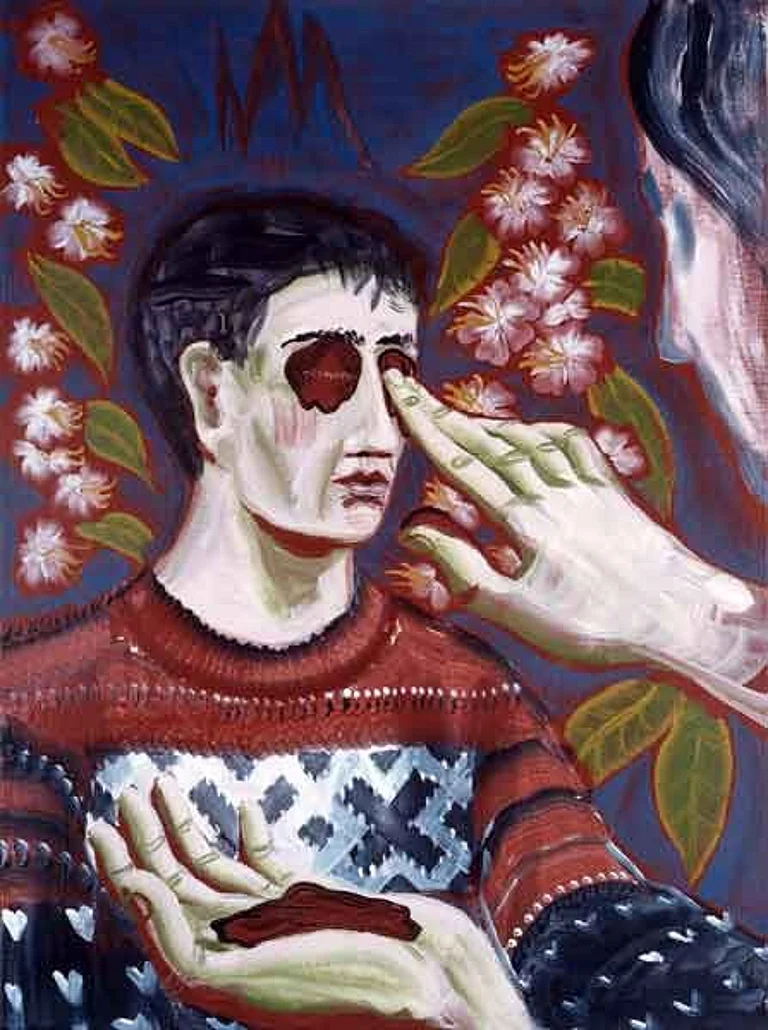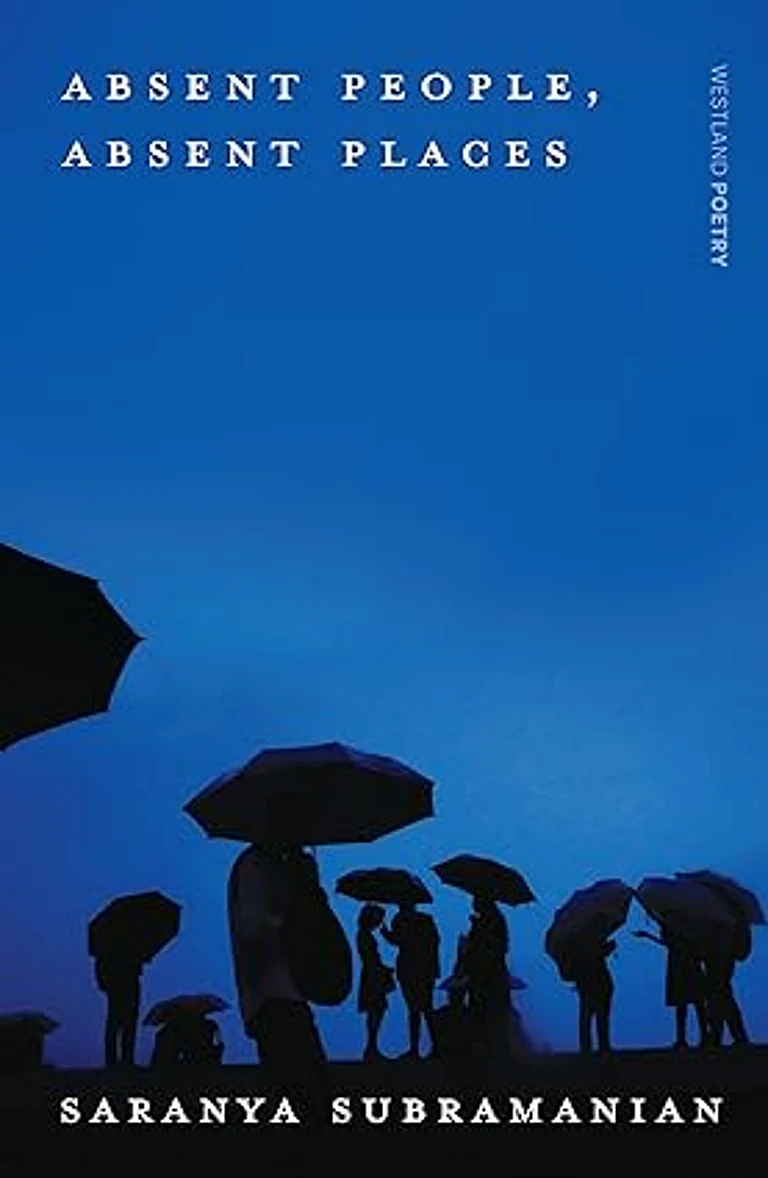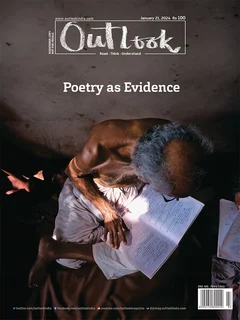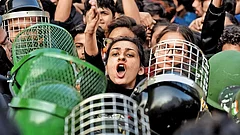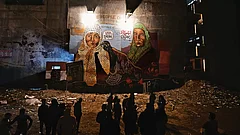Kongu isn’t a Rag That Stands Guard Over My Head
Kongu ties up my hunger,
tucks my stomach in and keeps watch
for me like Katta Maisamma while sleeping;
When I turn into a canal of sweat at work
she mops it up like a cool breeze,
like the moon clutching together the stars
she glistens as the sack
that holds roots, vegetables, grains
and the komati’s groceries on my head;
In the fields and the fallow plots, when I grow tired
she spreads out a bed to give me rest,
when my grief streams from my eyes to the skies
she draws my eye babies towards herself
like a mother, and hugs them close, my dirt rag;
When my husband reaches out in love or anger
like a ball of butter she always gets caught before I,
to aggression or violence, from those at home or outside,
my kongu rag always succumbs first...
Kissing my ears and cheeks
she holds up an umbrella of senna flowers
over the dawn of my face
the sapphires of my hair;
From chilly weather and searing looks
from the blasts of heat waves
from the sneakiness of rain drops
she offers cool relief like the shade of a tree,
becomes a warm fire that covers my shoulders.
She becomes a pad for cool pots
that slake your thirst from a mile away,
burns her fingers
handling vessels on the stove,
comforts my crying babies
hugging them like warm baby clothing.
Though she works cheerfully by my side all day in the dust
she stems the life streams
flowing from my body’s sluices all night;
Like a cow nursing a new-born calf
she licks all dirt off my body,
like a wicker wall
she hides the modugu stain spreading through my cloth;
Only when she becomes the snake charmer’s been at my waist
do planting, harvesting, weeding and threshing,
chores and songs screech into motion.
My dirt rag that rolls in my hands, sweat, bed, bones,
limbs in pleasure and sorrow, my kongu rag that sticks to me
in work and song, in crisis and comfort,
like the filth that clings to my feet, the companion
of my life path...slaving like the washerman’s stone,
when does my perspiring kongu find the time for rest?
She’s not the patchy pallu that stands guard over my head
nor the hobbling stone... over my breast
how can I drag her into the bazaar
set fire to her honour and lose myself?
First published in Savari (https://www.dalitweb.org/)
—Translated from Telugu by Naren Bedide
Joopaka Subhadra, Telangana
(Joopaka Subhadra is a Dalit poet from Telangana. Her poems reflect the daily struggles of Dalit women and men. She is the founder of Mattipoolu [SC, ST, BC and Minority] Women Writers’ Forum and has been one of the prominent voices for the community. She is currently working as Additional Secretary in the Government of Telangana.)
If I stand
I hit the roof
If I straighten up
I hit the wall.
I somehow spent a lifetime here, confined.
What came to my aid was the habit
of curling up inside my mother’s womb.
— Translated from Gujarati by Pratishtha Pandya
This poem was originally published in the People's Archive of Rural India on October 11, 2023.
Vajesinh Pargi, Gujarat
(Vajesinh Pargi, an Adivasi poet from Gujarat, wrote powerful poems about hope and hardships, but never received his due in mainstream Gujarati literature. He was born in 1963 in the poor Bhil Adivasi community in Dahod’s Itawa village. Pargi completed his BA in Gujarati, but was unable to finish his Masters’ and opted for a B. Ed., hoping to pursue a teaching career. However, an accidental bullet injury proved life changing for the young Pargi, who never fully recovered even after seven years of treatment and had to give up his dreams of becoming a teacher. Through his poetry, he found the possibility to rise beyond the individual circumstances and connect with the real truth about the human condition. He published two volumes of poems, Aagiyanu Ajwalun [The Light of the Fireflies], in 2019 and Jhakalna Moti [Pearls of Dewdrops], in 2022 and a few poems in his mother tongue Panchamahali Bhili. The poem in the current issue, and the biographical information about Pargi, has been compiled from the article ‘Vajesinh Pargi: A Life in Letters and Worse’ by Pratishtha Pandya, published by the People’s Archive of Rural India and based on an interview from a hospital in Dahod, shortly before he died fighting lung cancer on September 23, 2023.)







